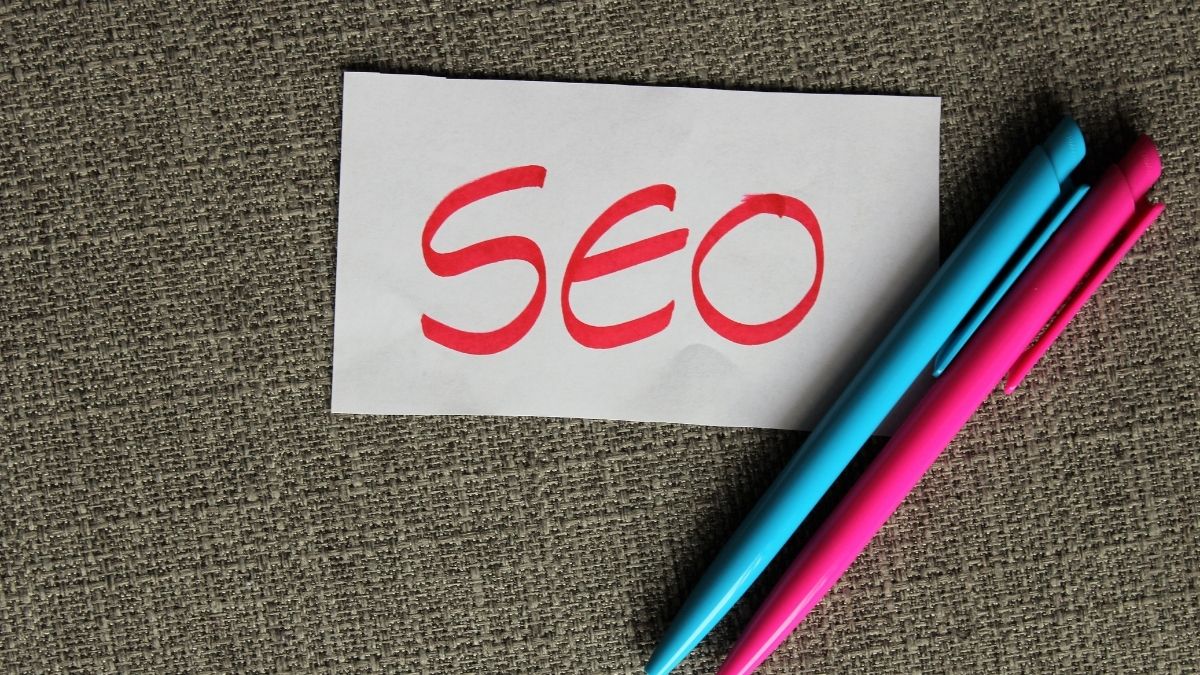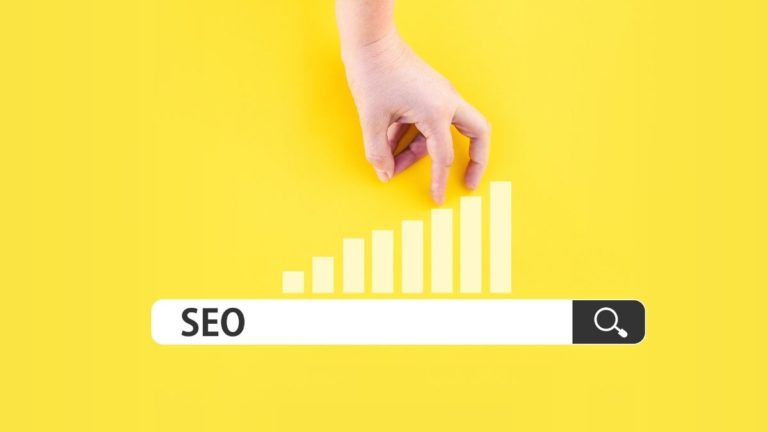How SEO Works for Business: 11 Frequently Asked Questions
“What is SEO and how can it help my website’s Google visibility?”
If you’ve never asked this question, now is the time to do it.
Search engine optimization (the alternative word for SEO) is a way for your website to show up in top pages of Google and other search engines whenever people type in relevant queries.
This article will compile answers to how SEO works for business and other frequently asked questions we’ve received by business owners such as you.
Related Post: How to Do SEO on Your Own: These Are the Must-Haves to Earn Google Love
How Can SEO Help Content?
SEO can’t transform bad content into good content. But it can help good content get more exposure, both for readers and search engines!
Picture this.
You have a website full of high-quality content. But even your best ranking pages are lingering somewhere between pages 5 and 10 on Google.
How is that even possible?
Even though Google’s ranking algorithms are pretty powerful already, they are not almighty. Just like human mind, they also work by interpreting various signals. And just like human mind, they may fail to understand what your content is about!
SEO is there to do just that:
- to improve your website’s overall organization so that Google’s so-called spiders (crawlers) can find and index all of your content more easily and faster,
- to make sure your content complies with what Google perceives as good content.
Here’s an example that illustrates what SEO is about in the simplest of terms.
Imagine selling fruits at a farmers’ market.
Even if you had the freshest, juiciest, most diverse produce in the world, it amounts to nothing if your fruit stall isn’t well organized.

In this sense, organization is really an art form! You need to lay out everything hierarchically, so that the best place belongs to products that are not only most relevant to what the majority of people are looking for, but also pleasing to the eye.
You also need to put up visible price tags and discounts, and have everything functioning as smoothly and transparently as possible. Your customers need to be as happy with your service as they are with the quality of your produce.
There are 2 main facets of your work here.
Firstly, you need to be both knowledgeable and able to communicate your message right as a seller. As marketers would say, you need to engage your audience.
But it’s not just about customers! Someone’s going to control your fruits for their origins, the way you cultivated them, the amount of pesticides you used. There’s a second facet, a formal set of rules you need to work by if you want to be successful.
Now, imagine there was an entity that regularly audits your work from both viewpoints and determines which booths are going to get the most exposure. And you can’t just pay your way into the best spot!
If your fruit is not only premium quality but also easily accessible, well organized and you’re doing everything by the book, this higher entity rewards you by giving you one of the top spots.
Your booth is now the first thing new customers see when they are looking to buy fruits!
To put it in SEO lingo, you get the most traffic because you’re objectively the best seller of fruits, and this traffic is organic because you didn’t pay for it.
Conversely, if the entity deems you a bad, sloppy or dishonest seller, it gives you the worst spot so that you’d hardly ever get a chance to sell anything.
In digital world, this higher entity is Google, and your booth is your website. Your fruits are the products or services you offer. And customers are – well, customers!
Why Does SEO Work?
SEO only works when done right. That is, when you stick with all the best – and latest – practices and trends.
And it doesn’t only work because it smoothens the path for search engines so that they can better find and assess your content.
It also works because it improves ALL aspects of your website: its form, structure and architecture. In other words, it makes your work really shine.
How Long Does It Take for SEO to Work?

Nobody can tell you that with any certainty. If your website is brand new, it will likely take months to see first signs of progress.
On the other hand, established domains face a true roller coaster at least twice a year. With every algorithm update, they lose some of their rankings and gain others.
But the rule of thumb is that SEO does take long. Quick and easy wins are an exception rather than a rule.
What is the Difference Between SEO and Digital Marketing?

Digital marketing is an umbrella term that comprises ALL techniques of promoting a brand across the internet.
On the other hand, SEO is a relatively narrow (and much geekier) field that studies different methods and techniques to rank better on search engines.
Both are user-oriented and are trying to figure out best ways to appeal to consumers.
However, while digital marketing (and content marketing as one of its facets) is almost exclusively about human psychology, SEO lies at the intersection of human psychology and the way Google sees it.
After all, Google is a gigantic machinery that learns about us and forges our behaviour in turn. It still speaks in data. So the job of an SEO expert is to try and decipher these data, to understand what they mean.
Is SEO Good for Small Business?
Search engine optimization is THE cheapest source of traffic there is. It’s a time-tested and easy to learn approach that is certain to bring results.
But that doesn’t mean it comes without challenge.
SEO is an organism that lives and breathes. Some of its limbs and organs complete their purpose, then decay and die. New ones emerge and develop. And you always have to stay on top of the game if you don’t want countless opportunities to slip right through your fingers.
Another reason why SEO is good for small businesses is because most of them can tap into local SEO. Google uses the same ranking algorithms both for global and local SEO, but it’s much easier to rank locally due to lower competition.
So if you submit your business listings for Google My Business and other business directories, that can turn into your biggest source of organic traffic, which then converts into actual revenue!
How Big Is the SEO Market?
Right now, companies spend over $80 billion on SEO in the US alone!
It’s a massive market, and it’s growing bigger every year.
Yes, competition is fierce. But it’s not all bad news!
With small business SEO, you are not targeting the entire world or even the whole country. In most cases, you’ll be targeting your town or its wider area.
Sure, that’s fewer potential customers for you. But there are fewer competitors too, so these customers are much more likely to buy from you.
Good SEO vs Bad SEO: Key Differences

The difference between good and bad SEO boils down to one simple thing: whether you’re playing fair or trying to hack and/or trick the system.
SEO experts have two terms for it: white hat SEO and black hat SEO.
But the SEO hats are not just black and white. You can be in the grey zone too. Or even play honestly, but poorly.
Examples of black hat SEO include:
- Stuffing your content with keywords
- Buying backlinks to your site or exchanging them in private blog networks (PBNs) that consist of sites that all link to one another
- Cloaking (disguising your content so that it shows one thing to search engines and another to users)
- Having duplicate content across two or more pages on your site (even if it’s your own, original content)
- Spamming in comments by leaving your website URL where it isn’t relevant
- Peddling inaccurate or harmful information, especially if your site is about finance, medicine & health, news, and other YMYL (Your Money or Your Life) topics
Here are also a few bad practices that aren’t downright unethical but significantly decrease or even kill your chances of ranking well:
- Poor website organization and technical SEO
- Bad page loading speed
- Serving too many ads that disrupt or affect user experience
- Having thin content that doesn’t deliver real value
- Linking to sources that are not high-quality
How Can I Learn SEO?
All of us have started the same way: by reading various guides to SEO, watching tutorials, following and trying to interpret Google’s own guidelines.
But reading articles and watching videos won’t amount to much if you don’t practice, try and fail, try and win. Fail and despair. Win when least expected. Bang your head against the wall as to what went wrong or right.
As with anything, experience is the only surefire way to really learn SEO.
How Much Does SEO Cost?
SEO isn’t free, but the price you pay for it is mere peanuts compared to any other way of getting or improving online exposure.
Its cost will depend on whether you hire an SEO consultant or do it yourself, which tools you use, how much time you’re ready to invest, whether you want to hire content creators, etc.
Obviously, DIY-ing everything won’t yield great results simply because you can’t be a good data analyst, web designer, content writer AND run your daily business at the same time.
But the good news is, every penny you spend on SEO will return multifold.
Bottom Line: Does It Mean I’m Doomed Without an SEO Campaign?

Not necessarily! There are businesses that rely heavily on social media for exposure, brand awareness and traffic.
But if you don’t optimize for search engines, you’ll miss out on a huge portion of traffic that could have been yours. Even worse, your competitors who are doing SEO will earn this traffic.
If you decide against SEO, you could invest some money in pay-per-click (PPC) advertising.
Here’s how it works.
As its name says, in PPC you pay per every click you get, and you get those clicks for as long as you pay for them. Your cost per click (CPC) heavily depends on the rough number of people you’re targeting, as well as how big is your competition.
So, you are paying for EVERY single person that visits your website through your Google ad.
That doesn’t sound very cost-effective to me, especially with the early cash flow problems that every business faces.







